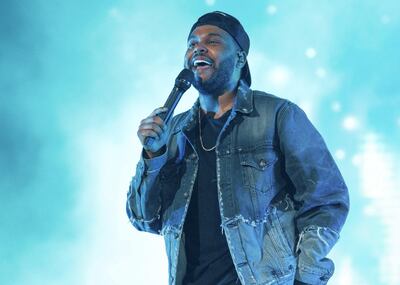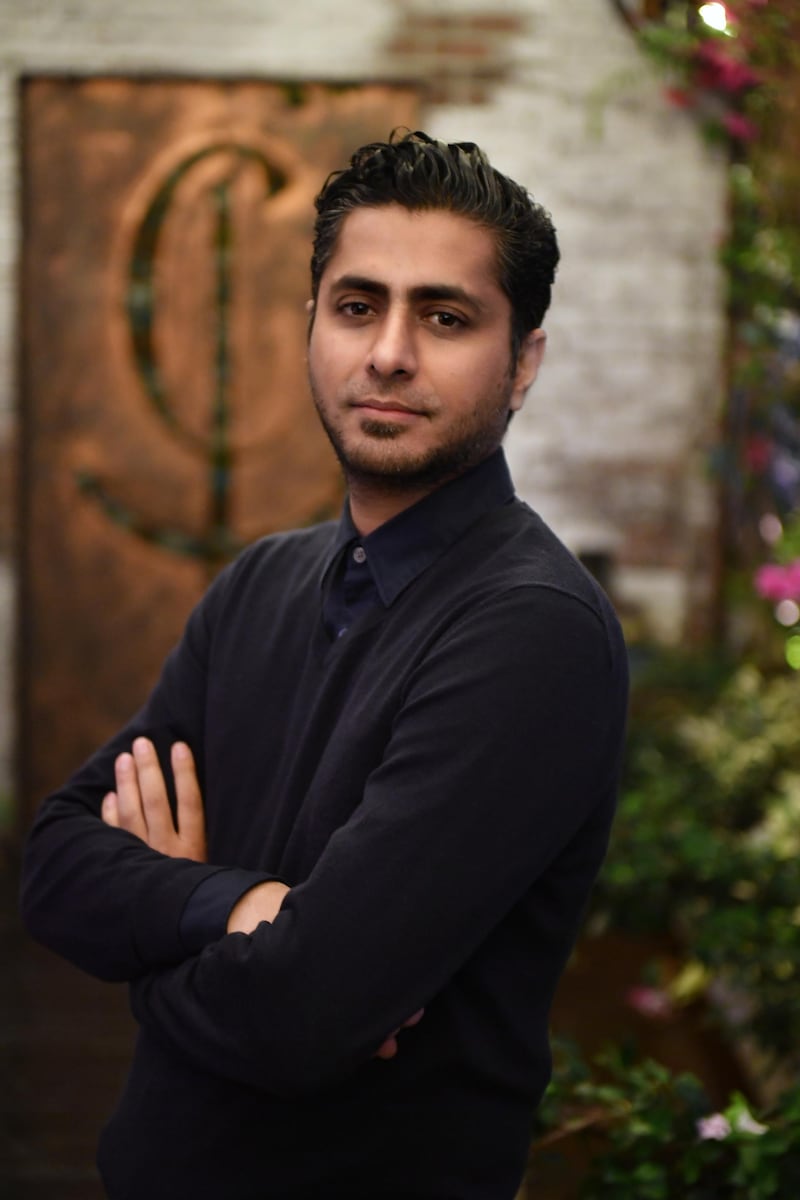If you are an aspiring music artist in the region then it’s time to dream big.
That doesn't only mean having that album and tour, it's also about having your music heard as part of large international advertising campaigns.
Not only is it effective in terms of exposure, but it also comes with a neat pay check.
Helping make those connections between artists and the next big car commercial is Spek from Pop Arabia.
As the president of one of the region’s biggest music publishing companies, the Canadian – real name Hussain Yoosuf – ensures that an artist is paid whenever their work is used, in addition to scoping out potential opportunities for licensing deals.
When it comes to the latter, Spek says UAE artists have a great shot of having their music heard in influential campaigns, as their focus is mostly about the sound and not the artist’s profile.
If the track vibes with the organisation’s initiative and philosophy, then there is a great shot of your track making the cut.
"When you are working with trend setting brands, more often than not, they are not looking for the biggest pop song," he said as part of Dubai Media City's On Music series of online talks on Saturday, June 27.
“What they are looking for is something that is super interesting and that sounds unlike anything else that you would hear on the radio. On that basis, Arabic language music, with the right production, hooks and melody, [could] absolutely be part of the next big global Apple campaign. And I think we will see that and we are working towards that.”
The UAE copyright laws are sound
Establishing copyright is an aspect of the job Spek clearly relishes.
Discussions about copyright were few and far between when Pop Arabia began in 2011. Established in Abu Dhabi's media hub, Twofour54, the company was launched at a time when the approach to publishing rights was decidedly relaxed.
Not only did companies took artists' works, big and small, by using their tracks freely in television commercials and advertising campaigns. But there was a lack of awareness that countries like the UAE even had copyright laws.
With Pop Arabia tasked by regional record labels and artists to protect their rights and ensure they are compensated for the use of their works, Spek recalls early meetings with offending companies where he was the most unpopular man in the room.
“Back in 2011 you would just turn on the television and you would hear these songs being used in commercials and they were totally unlicensed,” he says.
"So we began our business by essentially being the bad guy. We would fire off legal notices asking if they have the rights to use that song, because we represent those rights and you certainly didn't come and ask us. So that normally begins interesting conversations where people would get very [aggressive] and defensive and that still happens in certain sections of the industry today … a lot of that is down to certain people and organisations believing there is no copyright law in the UAE."
But in fact, there is. Spek, who scored British and Canadian hits with singles Look Me Up and Hippie, as well as working in a music talent agency in Canada before arriving to the UAE in 2006, describes UAE's copyright regulations as sound.
“It is not like it is some badly worded document,” he says. “All the rights that we require to be protected are actually covered under these copyright laws. So those people, who don’t believe that it exists, are mistaken.”
As well as Pop Arabia’s awareness drives, what accelerated the general acceptance of publishing rights across the Arab world is the arrival of social media and music streaming sites.
Where before a lot of the organisation’s struggles were dealing with unscrupulous operators and the piracy of CDs, social media and music platforms removed those barriers through high-tech solutions.
“When it was terrestrial business, it was us hearing about the use of the unlicensed song, and then trying to find the person using it and then sending the legal notice,” he says.
“Now, for example with YouTube, if you upload content (that’s not yours,) within 15 seconds or so it knows what piece of music you used and it then informs the owners of the rights to that music.”
Pop Arabia 2.0
That technological advent went on to turn Pop Arabia’s business focus on its head.
Where before the work was mostly reactive in that it responded to alleged musical breaches, the organisation now is spending more time in the artist development space. This includes hooking up its talents with acclaimed songwriters and producers, in addition to the active pursuit of licensing deals for its clients.

As a former artist himself, Spek says "Pop Arabia Version 2.0" and the UAE is where he wants to be. Placed in the financial and cultural centre of the Arab world, he says the quality of regional talent he has come across reminded him of Canada in the early 90s - a key period in that country's music evolution that laid the groundwork for the arrivals of superstars such as Drake and The Weeknd.
“At that time in Canada, there were a lot of amazing raw talent but there wasn’t an infrastructure around that raw talent, in that there wasn’t a lot of great managers or studios. You can tell there was talent but there wasn’t a lot of factors that could propel that talent out of their hood” he says.
“That’s what it feels like when you are bouncing around the Middle East right now. The mission should be to create authentic music but do it with the right production that would allow it to bang in every club no matter what the language. And if I can help bringing in some collaborators to work with these artists from my network, then maybe we can create some superstars from the Middle East.”
For more information on the Music On series visit Dubai Media City's website







